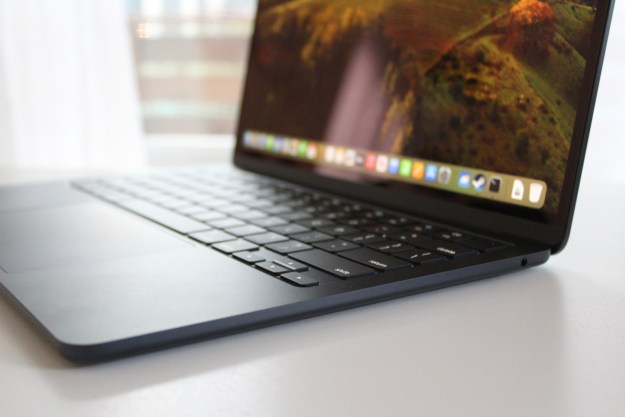Researchers at the University of Washington and the University of California San Diego have unveiled an open source technology that may enable people to recover missing or stolen notebook computers—and, in some cases, maybe even take pictures of the person(s) who stole it. Dubbed Adeona—after a Roman goddess who would guide lost children back home—the system relies on the OpenDHT Internet-based storage service, and protects user’s privacy: no one but the notebook’s owner (or someone that owner authorizes) can track a notebook.
To use Adeona, users install a small software client on their notebook. The software continually tracks the notebook’s current location using everything from the system’s current IP address and local network setup (like nearby routers and hotspots). Once gathered, Adeona packs the information on a strong cryptographic wrapper and uploads it to OpenDHT> Only a user who can unlock the encrypted details can get information on where the notebook is located. And—if they’re using Mac OS X, anyway—they might even be able to get a picture of "the perp" using an integrated iSight camera using the freeware isightcapture.
The information includes in an Adeona package isn’t the same as having the name, social security number, phone, and currently location of whoever might have stolen a notebook, but it should be enough to help law enforcement officials to track down the criminal and/or the notebook. Adeona can’t promise to work in every instance, but it’s better than having no information at all about a missing notebook’s whereabouts.
Adeona was originally developed to address the privacy concerns of current commercial notebook tracking services. Although those services sometimes capture more information than Adeona, subscribers sacrifice a portion of their privacy to use them: no matter what, there’s always a third party that basically knows where your notebook is—and, hence, might have a pretty good idea of what you do day-to-day. Adeona doesn’t compromise a user’s privacy, but still captures enough information to assist in a system’s recovery.
Adeona is available for free, and its open source license means its technology can be advanced by other developers and even integrated into commercial products—say, to add support for GPS receivers, to add "geolocation" services based on network information, or to extend the technology to new platforms and operating systems.
Editors' Recommendations
- The 6 key things Apple must fix in the next version of macOS
- How to change the login picture on a Mac
- How to customize mouse gestures on Mac
- How to find a Wi-Fi password on Mac
- How to forget a network on a Mac


